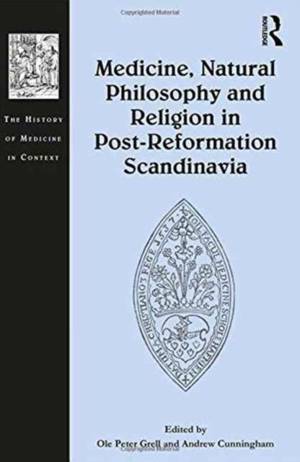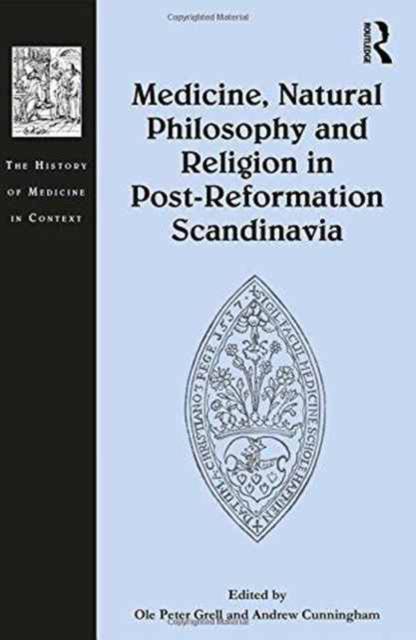
- Retrait gratuit dans votre magasin Club
- 7.000.000 titres dans notre catalogue
- Payer en toute sécurité
- Toujours un magasin près de chez vous
- Retrait gratuit dans votre magasin Club
- 7.000.0000 titres dans notre catalogue
- Payer en toute sécurité
- Toujours un magasin près de chez vous
Medicine, Natural Philosophy and Religion in Post-Reformation Scandinavia
Description
The close relationship between religion, medicine and natural philosophy in the post-Reformation period has been documented and explored in a body of research since the 1990s; however, the direct and continued impact of Melanchthonian natural philosophy within the individual Lutheran principalities of northern Europe in general and Scandinavia in particular still has to be fully investigated and understood. This volume provides insight into how and why medicine and natural philosophy in a 'liberal' and Melanchthonian form could continue to blossom in Scandinavia despite a growing Lutheran uniformity promoted by the State. Inspired by research emanating from the Cambridge Unit for the History of Medicine, here a number of young scholars such as Adam Mosley, Morten Fink-Jensen, Signe Nipper Nielsen and Martin Kjellgren are joined with more established scholars such as Andrew Cunningham, Jens Glebe-Møller, Terhi Kiiskinen and Ole Peter Grell to create a volume which deals with not only the major issues but also the leading personalities of the period.
Spécifications
Parties prenantes
- Editeur:
Contenu
- Nombre de pages :
- 230
- Langue:
- Anglais
- Collection :
Caractéristiques
- EAN:
- 9781472439581
- Date de parution :
- 04-11-16
- Format:
- Livre relié
- Format numérique:
- Genaaid
- Dimensions :
- 157 mm x 234 mm
- Poids :
- 453 g

Les avis
Nous publions uniquement les avis qui respectent les conditions requises. Consultez nos conditions pour les avis.





